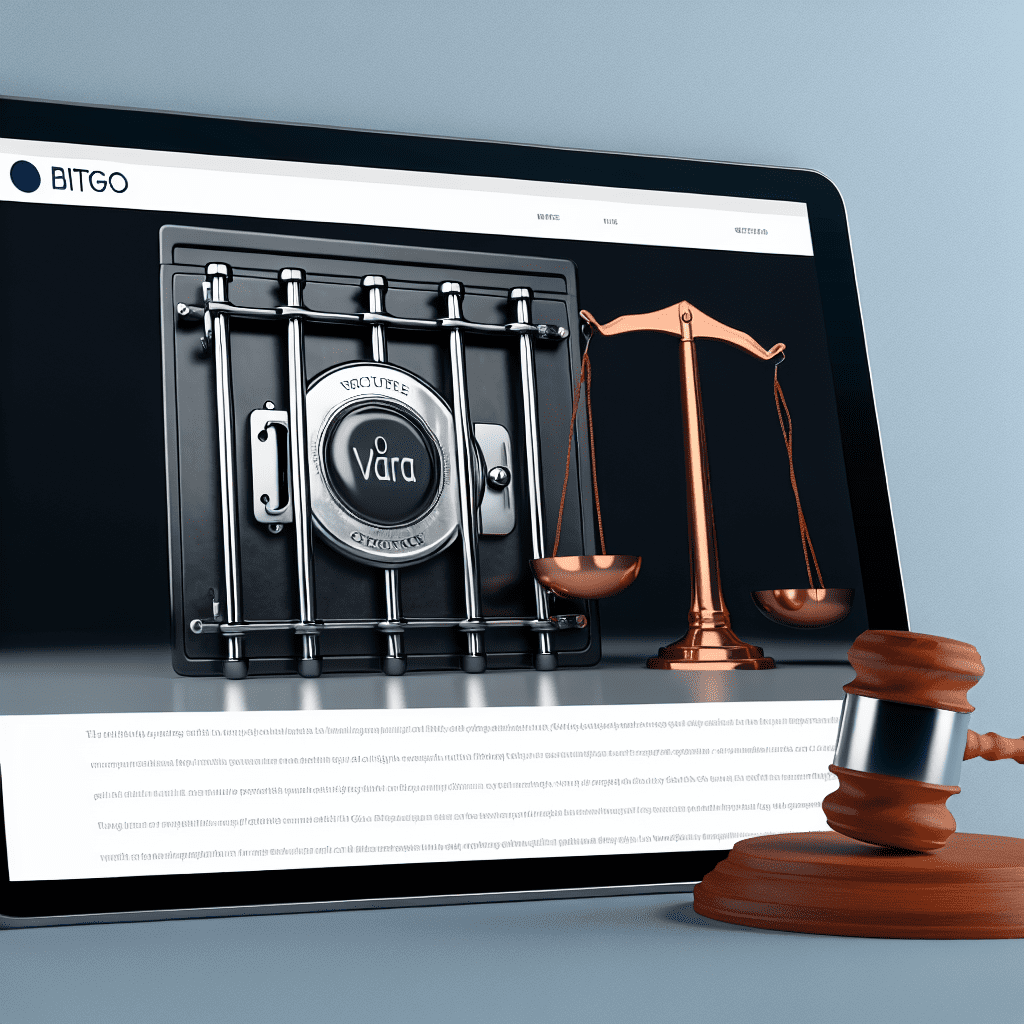Digital asset infrastructure firm BitGo announced it has obtained regulatory approval to offer select services in Dubai, coinciding with the agency’s announcement of multiple enforcement actions.
In a notice released on Tuesday, BitGo stated its Middle East and North Africa (MENA) division has received a broker-dealer license from the Virtual Assets Regulatory Authority (VARA) in Dubai, enabling the company to offer “regulated digital asset trading and intermediation services to institutional clients.”
This development follows BitGo’s announcement that its European subsidiary is authorized to provide crypto services to local investors under a license from Germany’s Federal Financial Supervisory Authority.
“This approval permits us to cater to institutional clients with enhanced scale, confidence, and integrity, while also highlighting the growing momentum within Dubai’s digital asset ecosystem,” remarked Ben Choy, general manager of BitGo MENA.
The licensing approval notice was issued less than a day after VARA announced it had imposed financial penalties on 19 companies for “unlicensed Virtual Asset activities and breaches of VARA’s Marketing Regulations.” VARA’s enforcement actions in 2025 included cases against the TON DLT Foundation and Hokk Finance.
Related: Dubai and UAE aim to align crypto frameworks under new partnership
Numerous crypto firms have sought to expand their offerings in Dubai as the market matures. VARA, established by Sheikh Mohammed bin Rashid Al Maktoum in 2022, is responsible for enforcing regulations regarding digital assets within the Emirate’s special development and free zones.
BitGo progressing towards a US initial public offering
In September, BitGo submitted its S-1 registration to the US Securities and Exchange Commission (SEC), laying the groundwork for going public. The US-based company reported over $90 billion in assets as of June 30.
The regulatory advancements in the EU and the Middle East, along with its progress in the US markets, signify a major evolution in BitGo’s operations in recent years. In 2020, the company reached a settlement with US authorities for around $100,000 concerning allegations of not adequately blocking wallets linked to sanctioned countries.
Magazine: Hong Kong isn’t the loophole Chinese crypto firms imagine it to be

